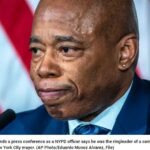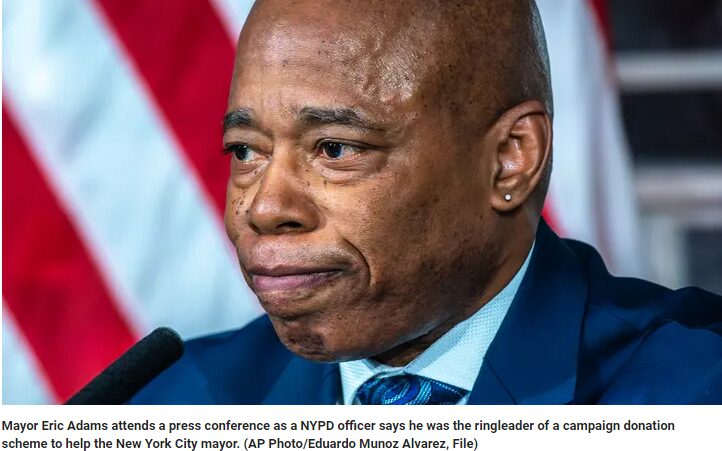The Trump era has shown us that politicians often flout traditional norms if they can do so without facing consequences. Vice President Kamala Harris, in particular, seems to have avoided the usual political scrutiny with her historically insular presidential campaign.
With the first swing state set to begin mailing out ballots soon, Harris has yet to hold a news conference. After much anticipation, her campaign has announced that her debut interview as a 2024 presidential contender will be with CNN’s Dana Bash—but only in tandem with her running mate, Minnesota Governor Tim Walz. At this pace, it could be her sole interview until October.
The reason behind this strategy is clear: Harris aims to secure victory. Her previous unscripted moments, both as vice president and during her 2020 run, have sometimes been politically damaging. President Joe Biden’s late withdrawal from the race offered Harris a chance to evade intense media scrutiny of her policy stances by delaying engagement. However, this approach risks depriving the public of crucial insights into her commitments that could help hold her accountable in office.
Returning to the fundamentals, why is it essential for candidates to regularly face public questioning? While it represents a small-d democratic “norm” and a long-standing aspect of American political practice, this argument carries less weight in an era where such norms are frequently disregarded in the pursuit of political gain.

Perhaps, despite the norms, Harris should face regular media questioning because the electorate demands it. As Patrick Healy of The New York Times suggested, Harris “needs to step out of her comfort zone” to build voters’ trust. But does she really? Despite her limited media presence compared to Biden before he exited the race, Harris has managed to lead in national polls. It seems that some voters may prefer a less familiar candidate over a well-known figure like Donald Trump.
Another consideration is that while Harris might navigate a swift campaign to the White House while sidestepping policy scrutiny, such an approach could undermine her effectiveness in governance. As The Economist noted, “Effective governance often benefits from a clear mandate.” While a vague mandate is better than none, Harris’s campaign appears to have calculated that avoiding traditional media engagement minimizes the risk of electoral defeat.
The strongest argument against Harris’s strategy of shielding herself from the media is that it could limit her accountability if she wins the presidency. The real impact might not be on political norms or her campaign but on the American people once she assumes office.
For instance, Senator Sheldon Whitehouse (D-R.I.) has claimed that Harris’s campaign aligns with his “term limits” proposal, which aims to remove Chief Justice John G. Roberts Jr. and Justice Clarence Thomas from the Supreme Court, a move critics see as an unconstitutional power grab.
Harris should be questioned about Whitehouse’s assertion—just as Trump has had to address issues related to Project 2025 and other proposals from his allies—so the public can hold her accountable. If she confirms Whitehouse’s claim, it could damage her electoral prospects. Conversely, if she distances herself from his plan, opponents could use her disavowal against her if she later supports similar efforts to influence the judiciary during her presidency.

While it’s true that politicians often break their promises, their previous statements can still be used to hold them accountable, providing ammunition for opponents to portray them as untrustworthy.
The mainstream media wields considerable influence over the conduct of Democratic presidential candidates, as demonstrated by the uproar that led to Biden’s exit from the race. Just as liberal outlets managed to pressure Biden into stepping down, they could similarly push Harris to engage more in policy discussions.
The urgency of such discussions lies in their ability to constrain Harris, compelling her to specify not just what she would do, but also what she would avoid. Although Harris may resist having her mandate constrained in this way, that is precisely the role of a free press in an era where political boundaries are increasingly blurred.









